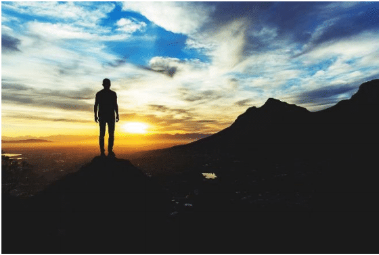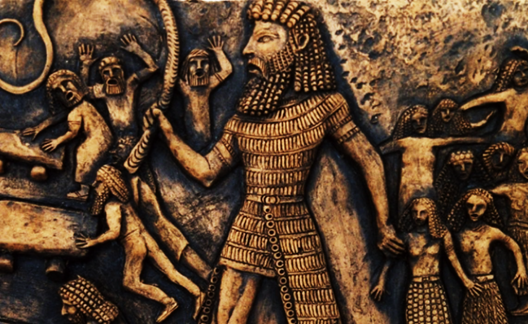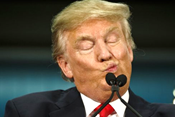The Picker Mentors
Sen. Cory Booker stood in the Senate Well on Monday evening, March 31, and began his speech. He finished his 25-hour and 5-minute oration on Tuesday evening. It was the longest speech in the Senate, longer than Strom Thurmond’s by nearly an hour. Thurmond took potty breaks, ate food, and drank during his filibuster against civil rights legislation in 1957. This is Thurmond’s voice during his attempt to become the president rather than Harry Truman in 1948.
“I wanna tell you, ladies and gentlemen, that there's not enough troops in the army to force the Southern people to break down segregation and admit the Nigra race into our theaters, into our swimming pools, into our homes, and into our churches.”
Cory Booker noted that Thurmond stood against the equality of the races. However, Booker stood in the same place Thurmond stood, but Booker’s agenda was a far more noble task. “I'm not here, though, because of his speech. I’m here despite his speech. I'm here because as powerful as he was, the people were more powerful."
What fascinated me about Booker’s oratory, which began with these words.
Booker’s speech dealt with three of his mentors and how they influenced him on his journey down the yellow brick road of life. One of the people whom he admires is Wael Ghonim.
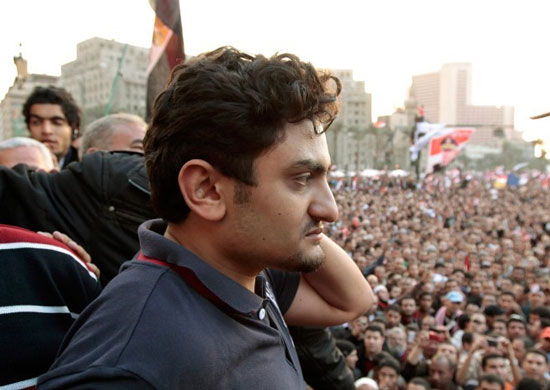
So, why was Booker impressed by Ghonim and used this famous quote in his marathon speech? “The power of the people is greater than the people in power.” Two decades ago, Ghonim was arrested and questioned by Egyptian police.
In addition to Ghonim's famous one-liner, he also said, "We are all Khaled Saeed." Ghonim’s statement was about his solidarity with Saeed, who was beaten to death by the Egyptian security police in 2010.
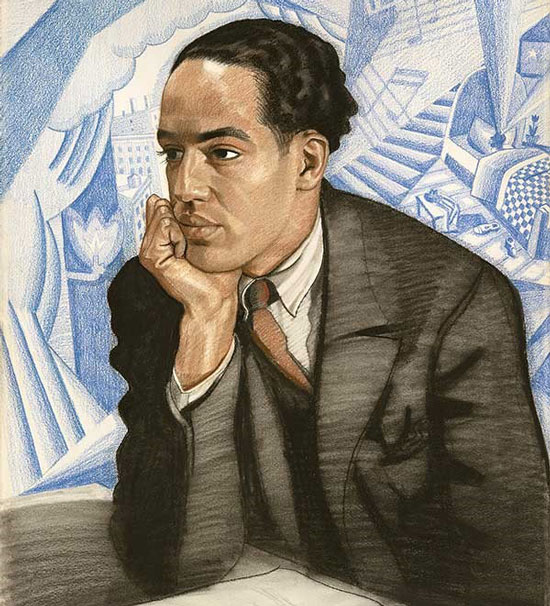
Langston Hughes wrote poetry, novels, and plays a century ago. He lived in Harlem and was the leader of the Harlem Renaissance. His most famous poem was The Negro Speaks of Rivers.
I’ve known rivers:
I’ve known rivers ancient as the world
and older than the flow of human
blood in human veins.
My soul has grown deep like the rivers.
I bathed in the Euphrates when dawns
were young.
I built my hut near the Congo and it
lulled me to sleep.
I looked upon the Nile and raised the
pyramids above it.
I heard the singing of the Mississippi
when Abe Lincoln went down to New
Orleans, and I’ve seen its muddy
bosom turn all golden in the sunset.
I’ve known rivers:
Ancient, dusky rivers.
Booker quotes Hughes about racism in America, “America never was America to me, but I swear this oath America will be.” Then, Booker adds a poignant addendum, “They love this country so much, even when it didn't love them back. I am here because of that. I'm the fourth Black person popularly elected to this body because of generations that believed so much in this document that they were going to make it real."
John Lewis is Booker’s third mentor. President Obama presents John Lewis with the Presidential Medal of Honor.

However, the Presidential Medal of Honor was given to Lewis when he had been around for seven decades.
These two photos are self-explanatory of Lewis and Booker.
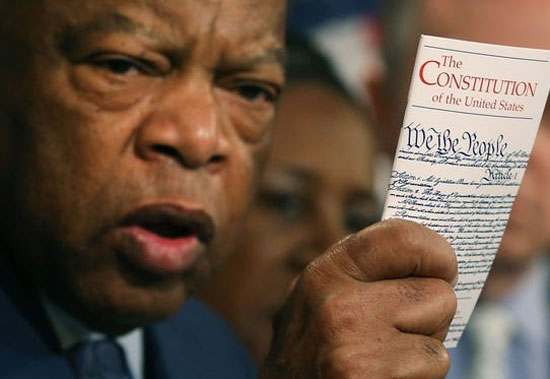
John Lewis and the Constitution
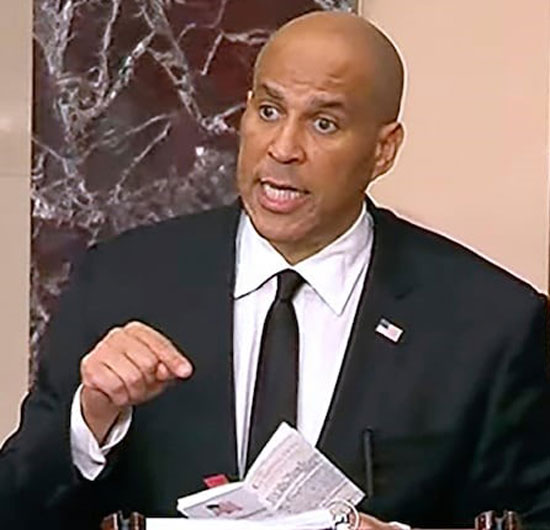
Cory Booker and the Constitution
This photo was of Lewis being clubbed by a white police officer as a twenty-five-year-old on Bloody Sunday.

When Booker got to surpassing the length of Strom Thurmond’s filibuster of the civil rights bill of 1957, he mentioned the police officer who beat Lewis on Bloody Sunday. Listen to Booker discussing that police officer.
Cory Booker was not only the man and the moment but was a great picker of mentors. Mentors are people who assist Booker and us in becoming all that we can be.













